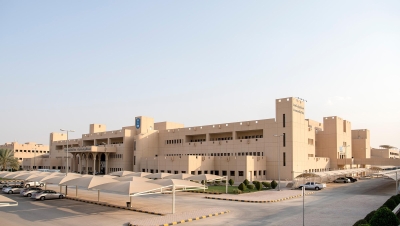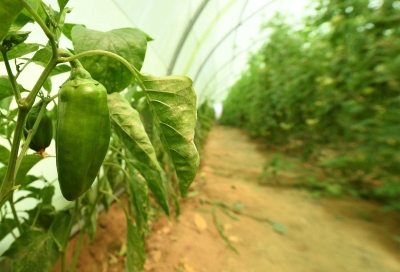
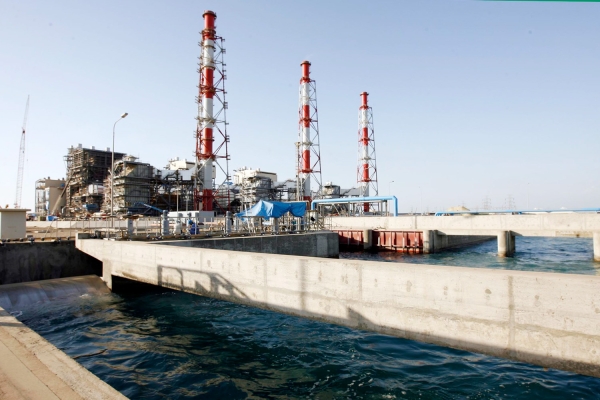
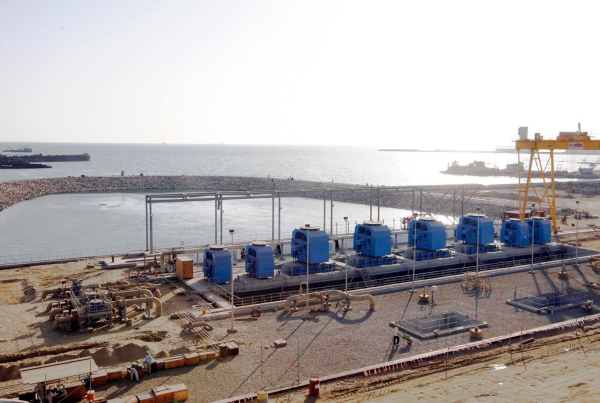
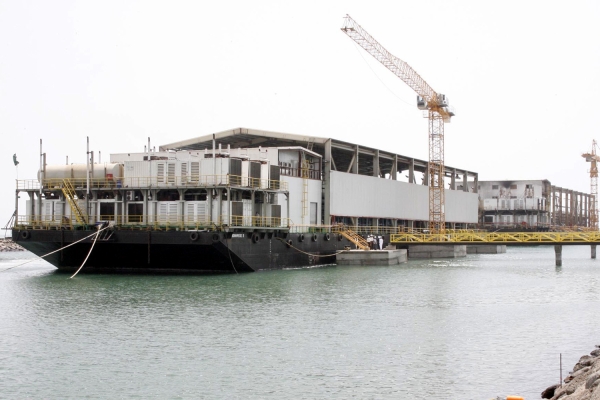
Shuqaiq Water Desalination Plant is located in Shuqaiq Center, affiliated with ad-Darb Governorate in Jazan Province, along the Red Sea coast. It is one of the key desalination plants operated under the Saudi Water Authority in the Kingdom of Saudi Arabia.
Production capacity of Shuqaiq Water Desalination Plant
The first phase of Shuqaiq Water Desalination Plant was established in 1989 to serve Aseer and Jazan Provinces, utilizing multi-stage flash distillation technology, with a production capacity of approximately 97,014 m³ of desalinated water per day.
In 2020, the second phase of the plant was launched, operating with reverse osmosis technology and producing 42,500 m³ of water per day. Expansion work for the plant began in December 2019 and was completed in six months to meet the increasing demand for desalinated water in Aseer and Jazan Provinces.
Filtration system at Shuqaiq Water Desalination Plant
The Saudi Water Authority replaced the conventional sea filtration system at Shuqaiq Water Desalination Plant with a self-filtering system. Modern desalination technologies have greatly improved pump control accuracy and reduced energy consumption during the desalination process. The authority implemented variable speed motor technology in all motors at Shuqaiq desalination project and installed high-quality water analysis equipment, including the Silt Density Index, "SDI", integrated into the distributed control system.
Through this project, the plant set a new record in electricity consumption, achieving three kw per m³ of desalinated water, a benchmark for plants using reverse osmosis technology.
Annual production of desalinated water at Shuqaiq
In 2020, the total annual production of desalinated water from Shuqaiq production system was approximately 37,877,319 m³, with an available production capacity of 98.6 percent.
The Saudi Water Authority also initiated the third phase of Shuqaiq Water Transmission Systems Project, aimed at providing desalinated water to Aseer and Jazan Provinces and enhancing water security in the provinces. The project increased water transmission capacity to five hundred thousand m³ per day to Aseer Province and 270,000 m³ per day to Jazan Province, supplying desalinated water to nine governorates and centers in the northern Tihama of Aseer Province for the first time.
The pipeline system spans 486 km, from Shuqaiq to the Abha reservoirs, located 2,200 m above sea level, with three reservoirs in Abha holding a total capacity of 212,000 m³. The distance between Shuqaiq and Abha is approximately 129 km, supplying 275,000 m³ of desalinated water to the provinces.
The first floating water desalination plant at the Port of Shuqaiq
On January 23, 2022, the first floating desalination plant was inaugurated near the Port of Shuqaiq on the western coast of the Kingdom, with a production capacity of fifty thousand m³ of water per day. This plant is part of the Ministry of Environment, Water, and Agriculture's comprehensive water projects, aiming to ensure water supply security and enhance water security across all the Kingdom's provinces.
The inauguration of the first floating desalination plant is part of a plan to develop floating desalination stations for the Saudi Water Authority, under the full supervision of a national technical team. The movement of these desalination barges will be based on the water needs of different regions across the Kingdom. These plants are designed to ensure a consistent and high-quality supply of desalinated water, adhering to both national and international standards.
This project, which is a collaboration between the Saudi Water Authority and the private sector, aims to support marine life conservation and promote innovation by localizing advanced technologies and empowering local content. It also aims to create job opportunities for youth, stimulate the industrial sector in the Kingdom, and enhance its competitiveness by contributing significantly to the Kingdom's overall economic growth and value-added services.
The project to supply three mobile desalination plants (barges) with a total production capacity of 150,000 m³ of desalinated water per day represents a significant contribution to securing water supplies. The high-efficiency technologies used in this project, along with the increased production capacity, will help drive the national economy forward.
The floating desalination plant, which is self-sufficient in electricity generation and cleaning, relies on advanced and pioneering technologies for filtering and treating seawater as part of the pre-treatment phase.
In the post-treatment phase, reverse osmosis and remineralization are applied, and the desalinated water is then pumped from the plant to water reservoirs using modern technologies through flexible pipelines.
Related quizzes
